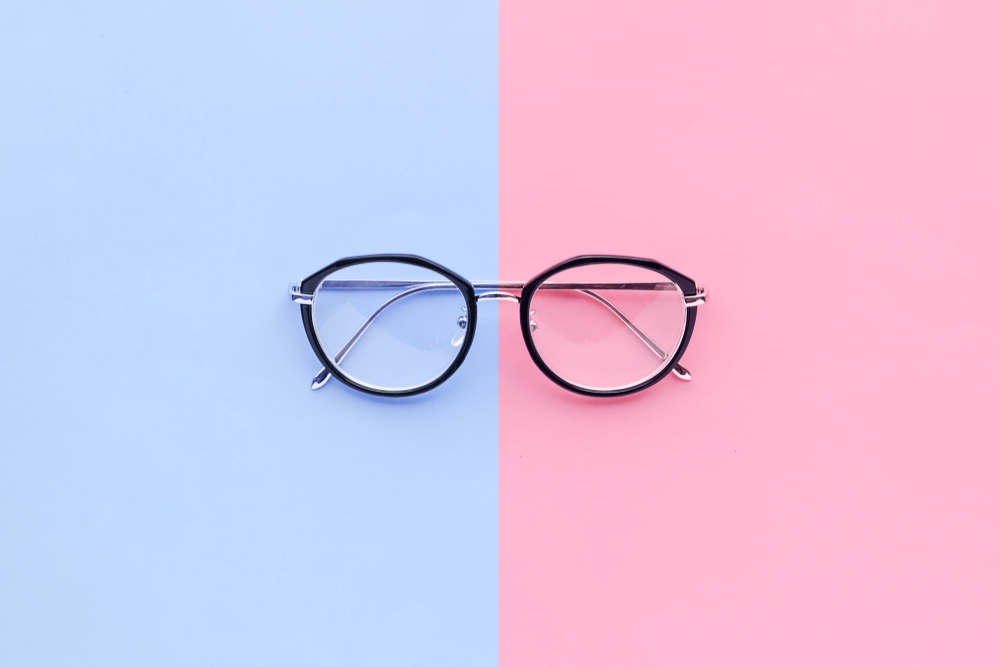
Posted on December 07, 2024
Have you ever caught yourself noticing and dwelling on the negative things in your life more than the positive ones? Do you envy those who seem more optimistic and happier, wishing you could see the world through their rosier-colored glasses? Do you feel stuck with being more pessimistic?
You may be surprised to know that your outlook is entirely normal. In their book, The Power of Bad, John Tierney and Roy F. Baumeister explain the brain’s negativity bias, “the universal tendency for negative events and emotions to affect us more than positive ones.” This tendency is thought to be evolutionary: Early humans who paid special attention to bad things in their environment were more likely to survive and pass on genes that made them especially alert to danger.
The fact that the negativity bias is natural doesn’t mean it’s always helpful, though. Clinging to a hurtful comment from a friend, colleague or family member while overlooking positive comments from that person could lead to resentment and spoil an otherwise good relationship. The negativity bias can affect our decision-making, too. Noticing failures to meet our goals more than our successes, for example, could discourage us from trying. It has been reported that pessimism actually leads to body inflammation and disease while optimism helps prevent disease and promote healthy aging.
But why, you may wonder, if the negativity bias is the norm, do some people seem more naturally optimistic than others? It’s true that some people make optimism look like a breeze, and in fact it may be easier for them to have a positive mindset. But labeling people as optimists or pessimists is unhelpful if it suggests that these mindsets are immutable – because they are not.
Psychologist Martin Seligman, considered the father of the positive psychology movement, is credited with the concept of “learned optimism,” the opposite of “learned helplessness,” which essentially means believing that nothing we do has much effect on our outcomes. These attitudes arise out of very different so-called explanatory styles, i.e. what we tell ourselves about the degree to which external and internal forces contribute to what happens to us.
To begin understanding our own explanatory style, we can think of a recent adversity or setback and examine our thoughts about it. For example, what are your thoughts about failing to meet an exercise goal? Do you tell yourself life is simply too busy or you’re no good at exercise? If you haven’t followed through on steps toward a healthier diet, do you blame a lack of willpower or your schedule for making it impossible? I recently realized that I sometimes overestimate the obstacles I will face in unknown situations, causing me to shy away from challenges. Observing our self-talk allows us to question the validity and usefulness of the explanations we give ourselves.
Challenging these explanations is the next step. Are you really too busy to exercise? Or have you not formed a plan that includes exercise time even if it’s only walking while talking on your phone? Does your schedule truly preclude healthy eating, or have you simply not planned ahead to have healthy food available, even a healthy snack for your purse or pocket? Do I really lack the ability to overcome the obstacles I anticipate? What have I done in the past that suggests otherwise? By finding even the small things we can control, setting aside negative self-talk as the voice of the negativity bias, and counting as successes small steps toward our goals, we can begin to feel less helpless and more empowered.
As with anything else, optimism can be taken too far, becoming unrealistic and leading to risky behaviors. Refusing to acknowledge an unwanted medical diagnosis, for example, might lead to unhealthy choices that would impede recovery. If it stays realistic, though, learned optimism can be a powerful addition to anyone’s health toolkit.
Learning to be more optimistic, like most things, takes practice over time. As we work to develop learned optimism, it helps to remember that it’s easier to notice bad things and instead to actively practice gratitude for the good things that occur each day. We can make sure our relationships include people who encourage our optimism and avoid feeding ourselves a steady diet of the bad news served up by media sources that take advantage of the negativity bias to get our attention. With a new year in sight, this could be the perfect time to don some new glasses for a healthier, happier, and longer life.